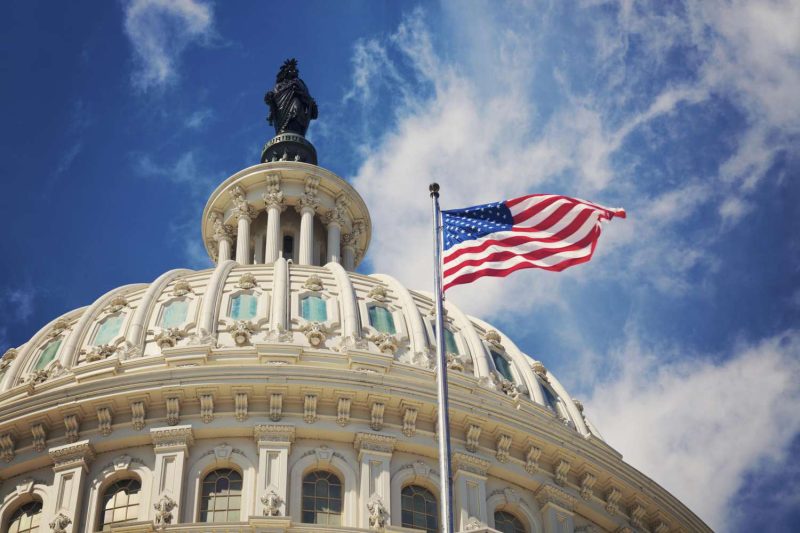On April 2, 2025, the U.S. Department of the Treasury’s Office of Foreign Assets Control (OFAC) imposed sanctions on a network of financial facilitators and procurement agents associated with Yemen’s Iran-backed Houthi movement, also known as Ansarallah. This action includes the designation of eight cryptocurrency wallets allegedly used to transfer funds supporting the group’s activities.
Details of the Sanctioned Network
Under the direction of Sa’id al-Jamal, a senior Houthi financial official backed by Iran’s Islamic Revolutionary Guard Corps-Qods Force (IRGC-QF), the network has been involved in procuring tens of millions of dollars’ worth of commodities from Russia. These commodities include weapons, sensitive goods, and stolen Ukrainian grain, which were shipped to Houthi-controlled areas in Yemen.
Cryptocurrency Wallets and Illicit Transactions
The eight cryptocurrency wallets identified by OFAC were reportedly used to transfer funds associated with these illicit activities. Blockchain analysis indicates that these wallets processed significant volumes of transactions, with millions of dollars flowing to other high-risk and sanctioned entities. Notably, some funds were traced to manufacturers and sellers of unmanned aerial vehicles (UAVs) and related equipment linked to China and Russia.
Implications and Broader Context
This move underscores the increasing scrutiny on the use of digital assets in facilitating terrorist financing and sanctions evasion. By targeting these cryptocurrency wallets, the U.S. aims to disrupt the financial mechanisms that enable the Houthis to procure weapons and conduct destabilizing activities in the region.
The sanctions serve as a reminder of the broader challenges in monitoring and regulating digital currencies, which can be exploited by illicit actors to bypass traditional financial systems. Financial institutions and cryptocurrency platforms are urged to enhance their compliance measures to detect and prevent transactions linked to sanctioned entities.
In a related development, the U.S. Treasury had previously imposed sanctions on Yemen Kuwait Bank in January 2025, accusing it of financially supporting the Houthis by laundering money and transferring funds to allies like Hezbollah. This action was part of a broader effort to pressure the group and disrupt its financial networks.
